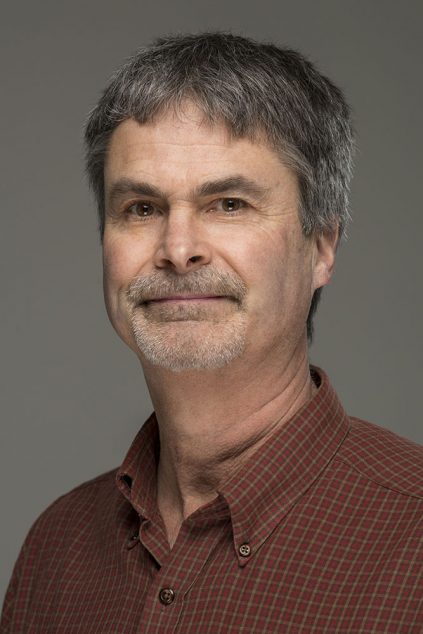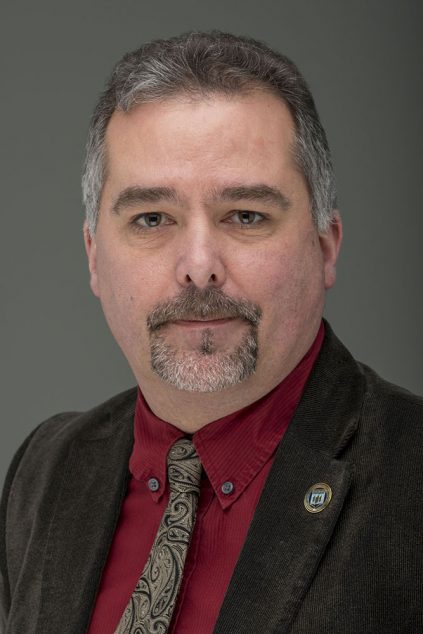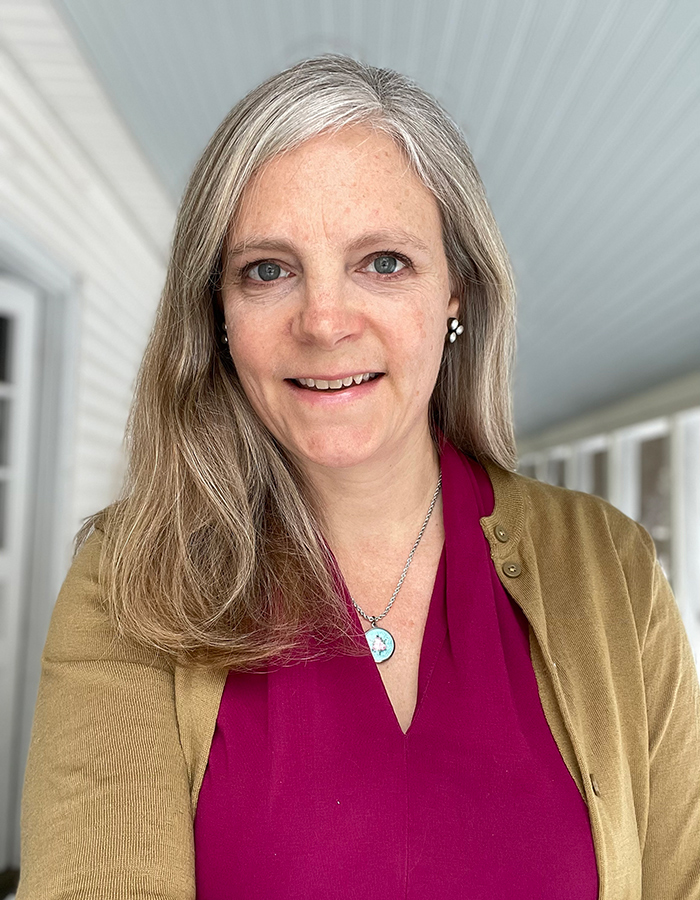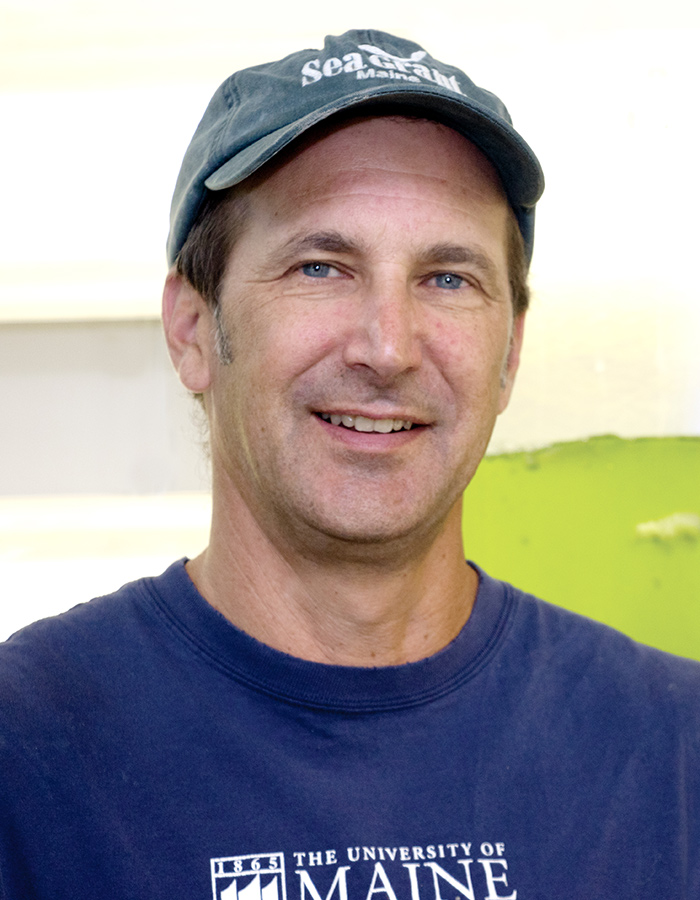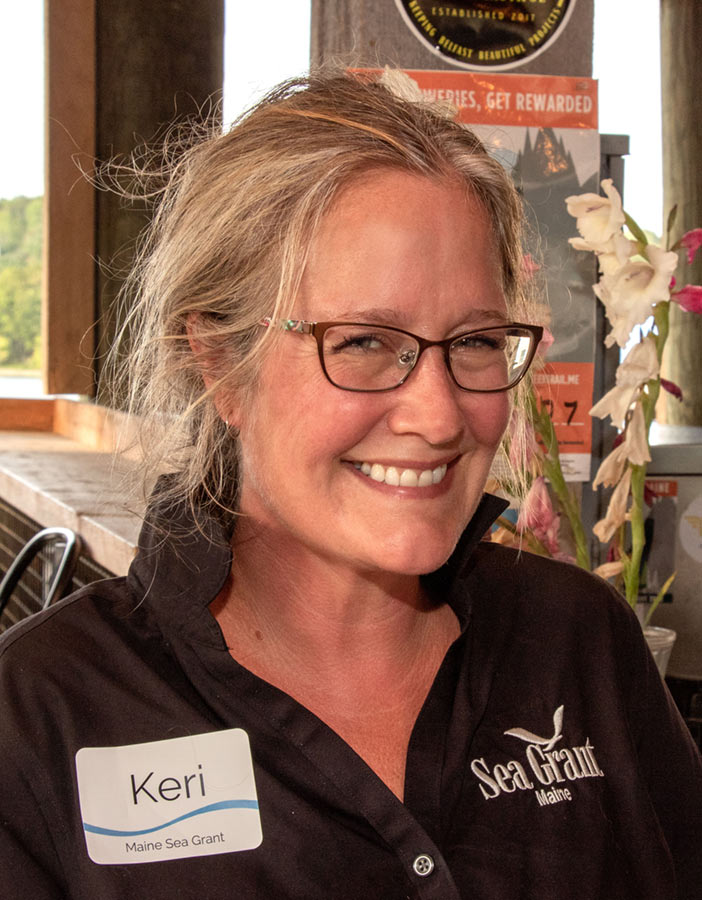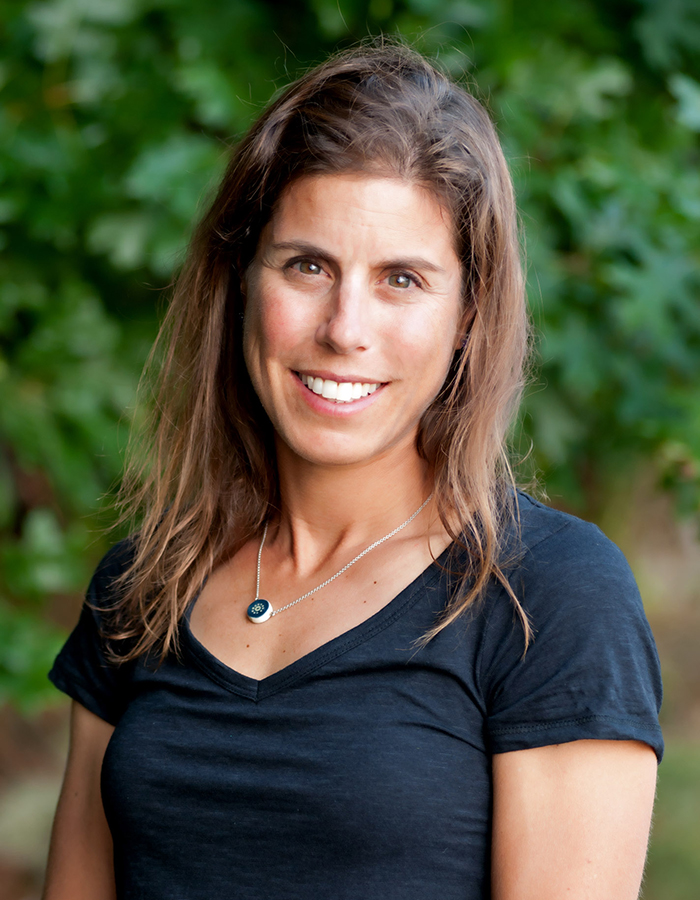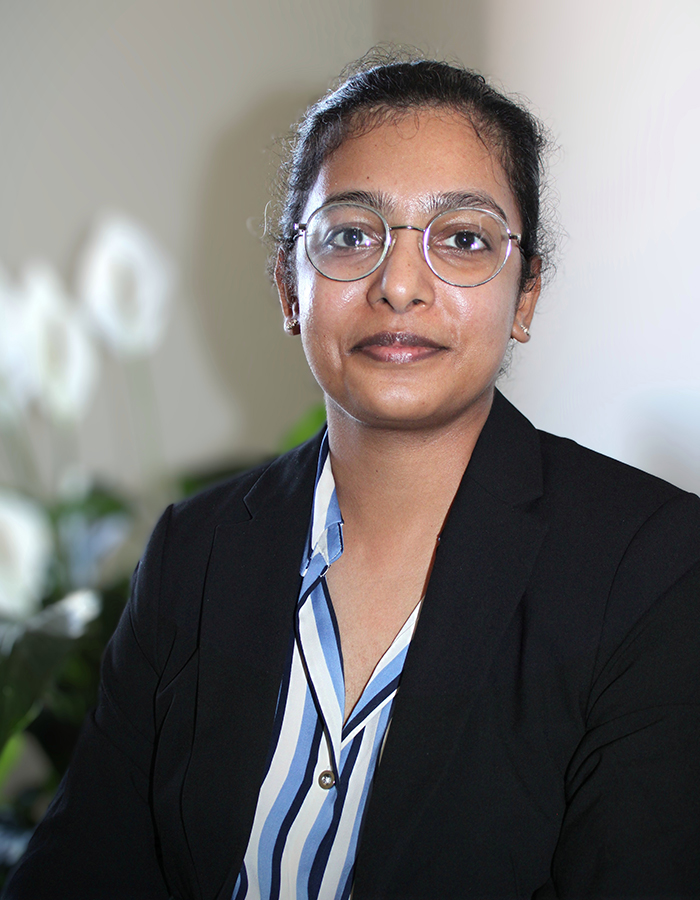People
Department of Chemical and Biomedical Engineering Department
Process Development Center
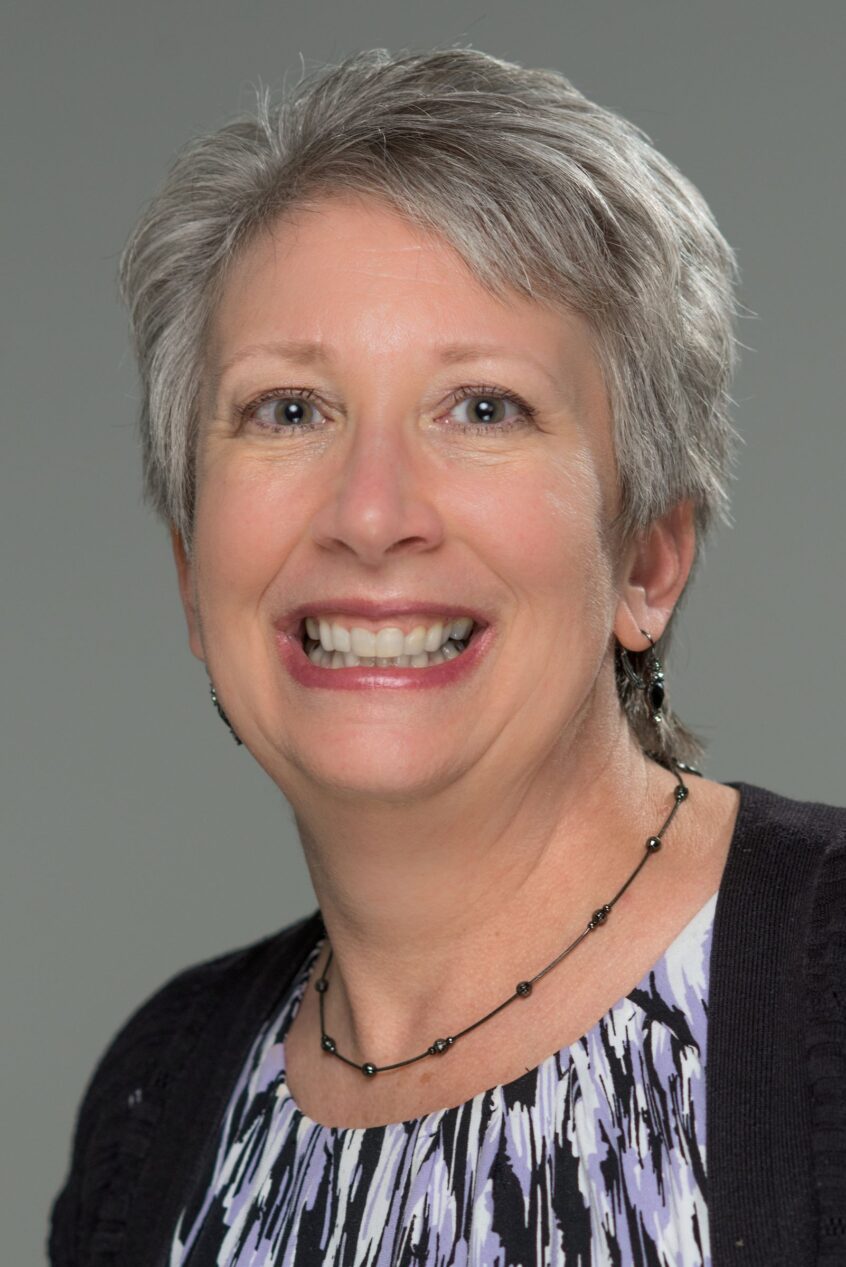
Colleen Walker, Ph.D.
Director of the Process Development Center
207.581.2387
colleen.walker@maine.edu
Department of Anthropology/Climate Change Institute
Maine Sea Grant
Graduate Students
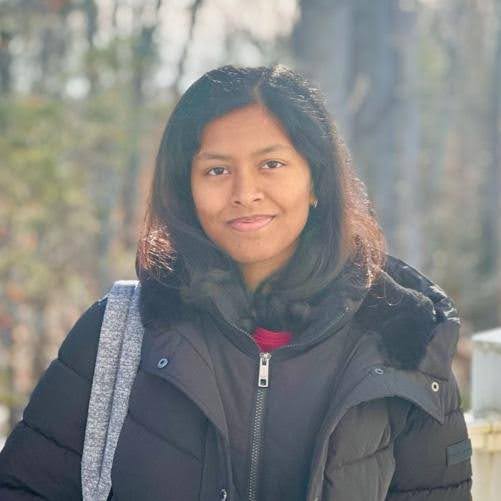
Sanjana Mutyapu is a Masters student at the University of Maine, Orono in Chemical Engineering where her primary research work focuses on developing seaweed based single-use food packaging to replace PE/PFAS using simple processes that are environmentally friendly, renewable and sustainable, from the beginning till the end. Sanjana is passionate about sustainable solutions like seaweed and other bioplastics that could potentially replace plastic in single use packaging and wishes to continue working with them in her future endeavors as well!
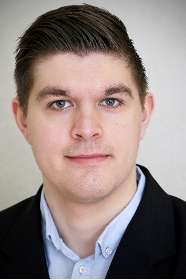
Sandro Zier is a graduate student at the University of Maine. He is pursuing his Ph.D. in Chemical Engineering in the Chemical and Biomedical Engineering Department under the supervision of Professor Douglas Bousfield and Associate Professor Caitlin Howell. His research interests include new and innovative solutions for CNF coating methods to replace single-use plastic packaging and substrate surface modification to provide enhanced functionality to packaging and other industrial applications. When you can’t find him in the lab he is probably hiking, skiing, watching UMaine Hockey, or relaxing on one of the beaches in Maine with his Border Collie Lucy and his wife Abby.
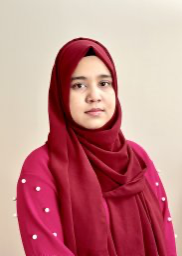
Mahbuba Daizy, a doctoral student in Chemical Engineering at the University of Maine, contributes to the marine debris challenge team, where her research focuses on developing sustainable alternatives to conventional food packaging. She is designing biodegradable, hydrophobic paper that offers an eco-friendly substitute for non-biodegradable materials. This involves using environmentally friendly materials, such as emulsified waxes and renewable polymers, to improve the water-resistance of paper. Through these solutions, she seeks to minimize plastic waste and combat the escalating challenge of marine debris.
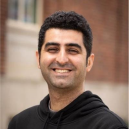
Mostafa Rohi is a Ph.D. student in Bioproducts Engineering at the University of Maine, within the Sustainable and Forest Resources (SFR) department. His research focuses on developing and applying nanocellulose and nanochitin for film packaging in the food industry, aiming to replace conventional fossil-based materials. These innovative materials are designed to enhance the performance of sustainable and biodegradable packaging solutions, aligning with global sustainability goals.
With a robust academic foundation, Mostafa is immersed in cutting-edge research that integrates biopolymer extraction and synthesis, 3D printing technology, nanotechnology, and material science to tackle pressing challenges such as packaging waste and food preservation. His expertise encompasses nanomaterial characterization, advanced film preparation techniques, and the functionalization of biopolymers to enhance mechanical strength, barrier efficiency, and antimicrobial properties.
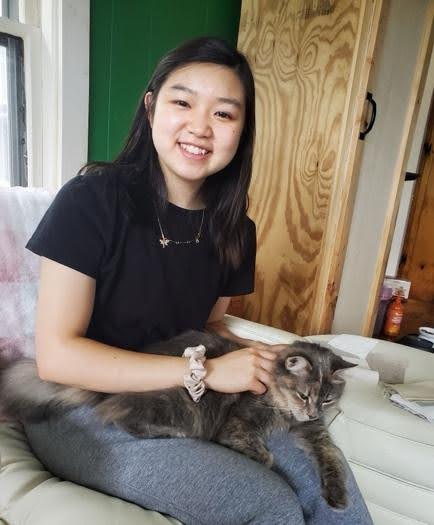
Olivia Lee is a graduate student at the University of Maine, pursuing her Master’s degree in Chemical Engineering. During her undergraduate studies, she worked at the Advanced Structures and Composites Center as a research assistant, where she discovered her passion for Materials Science. Currently, she is involved in the Marine Debris Challenge Project, developing a biodegradable foamed composite using lobster shell as a sustainable alternative to expanded polystyrene (Styrofoam™). In the future, Olivia aims to continue her work on environmentally friendly and sustainable solutions to reduce debris.
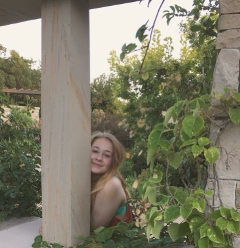
Chyanne Yoder is a doctoral student in UMaine’s Anthropology and Environmental Policy Program and Research Assistant for the NOAA/Maine Sea Grant Marine Debris project. She earned her MS in anthropology with a concentration in medical anthropology from Idaho State in 2023, having received her BA in 2021. Her research interests revolve around the intersecting ecological, economic, and social determinants of health in underserved communities. She prioritizes phenomenological, multimodal, and collaborative approaches. Chyanne’s current project focuses on the political, economic, and embodied experiences of working-class communities in petrochemical sacrifice zones, exploring the dangers, vulnerabilities, and resiliency therein.

